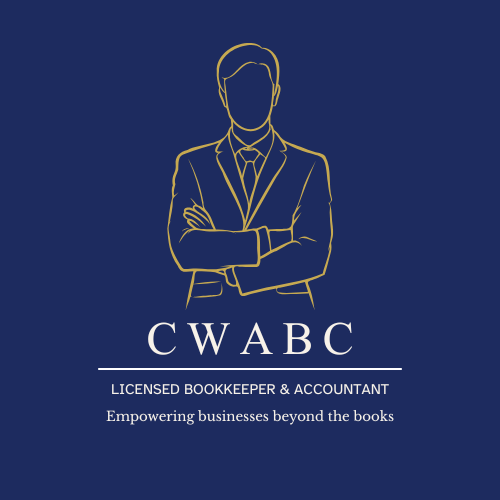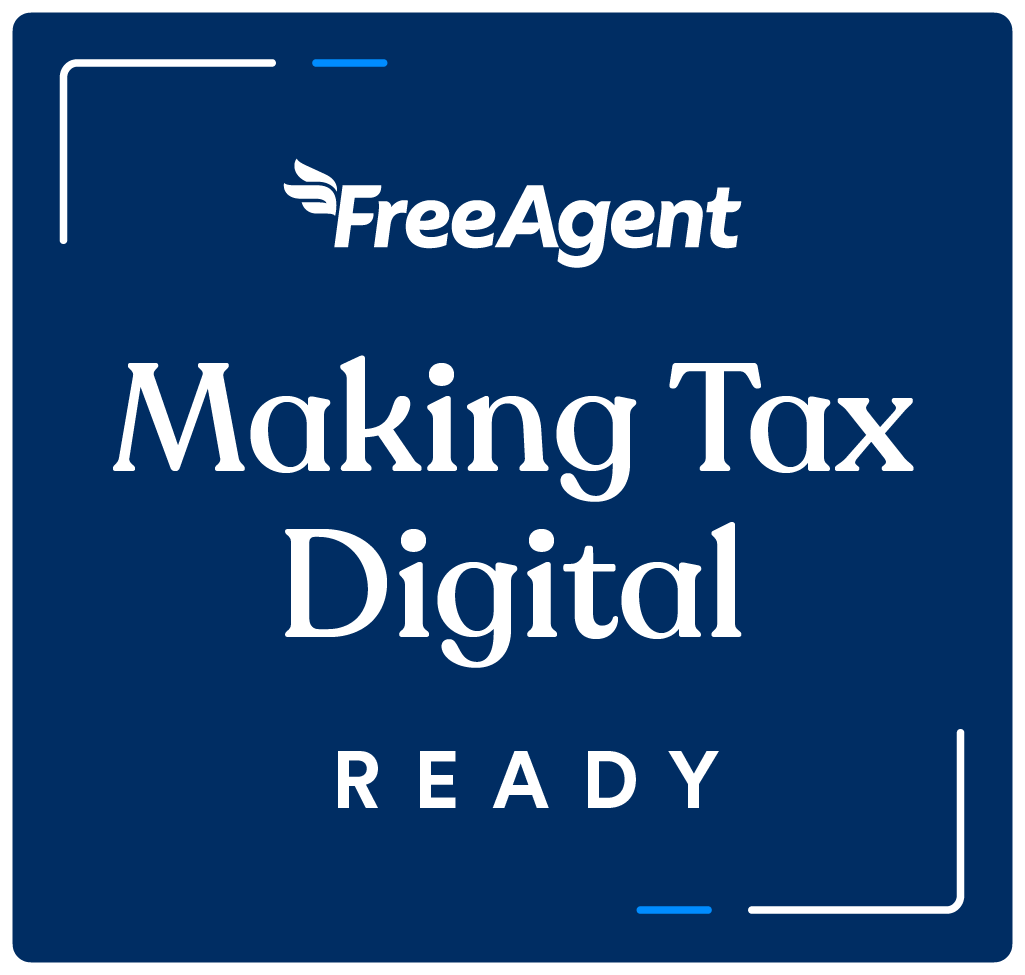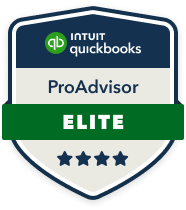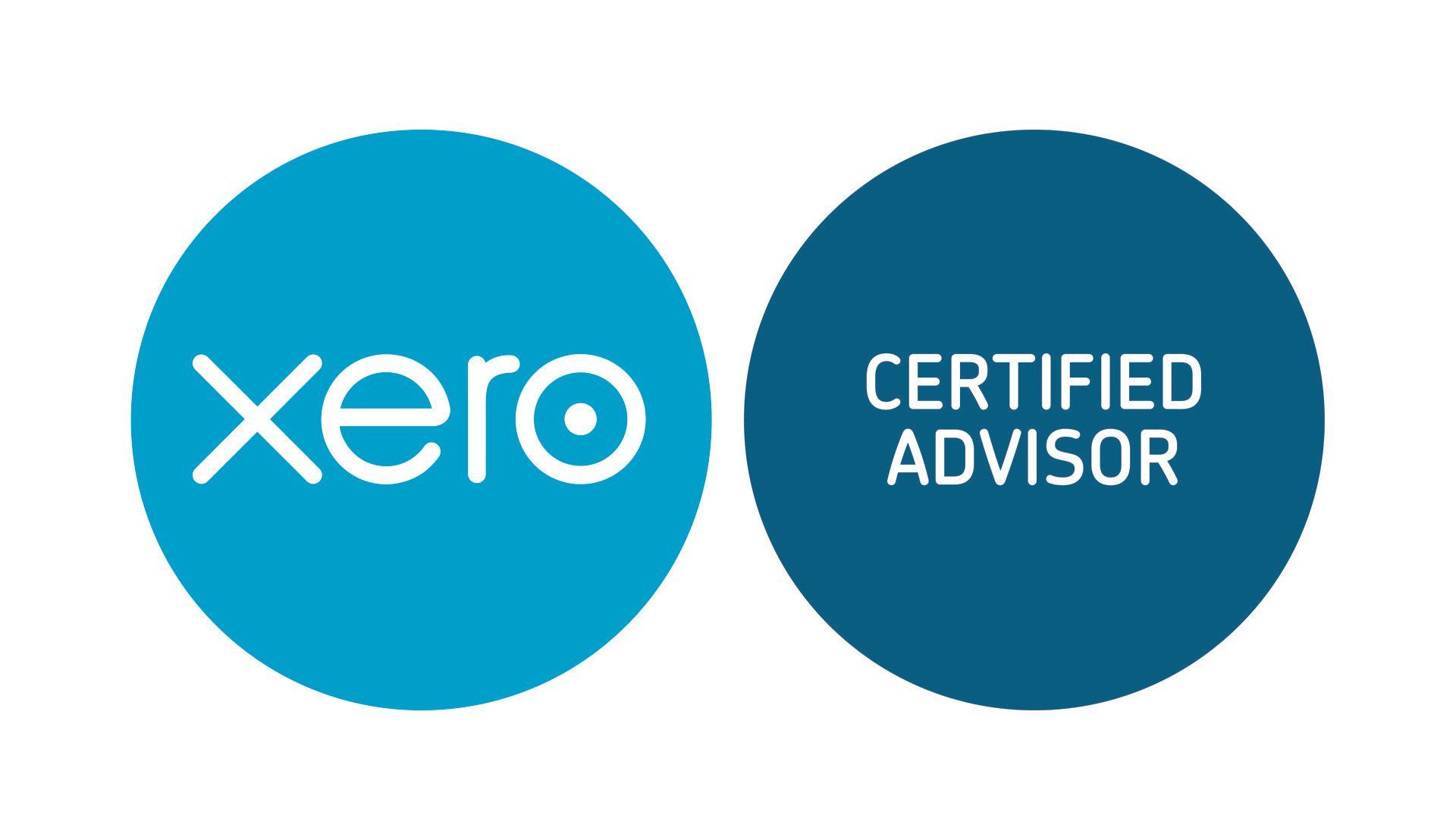The Benefits of Submitting Your Tax Return Before January 31st and How an Accountant Can Help
Tax returns - Why wait until 31st January? The early bird, reaps the rewards

Introduction:
Filing a tax return is an essential task that many individuals and businesses must complete each year. While the deadline for submitting your tax return might seem far away, there are compelling reasons to file early, especially before the 31st of January. In this blog post, we'll explore the benefits of submitting your tax return before the January deadline and discuss how using an accountant can streamline the process and provide you with additional advantages.
Benefits of Submitting Before the January 31st Deadline:
Avoiding Last-Minute Stress: Procrastination often leads to unnecessary stress and pressure as the deadline approaches. By submitting your tax return early, you can eliminate the anxiety that comes with rushing to gather necessary documents and complete your return on time.
Accurate Financial Planning: Filing early allows you to know the amount of tax you owe sooner, enabling you to plan your finances accordingly. You'll have a clearer picture of your tax liability and can make informed decisions about budgeting, savings, and investments.
Potential Refund: If you're eligible for a tax refund, submitting early means you'll receive your refund sooner. This can provide a welcome financial boost that you can use for various purposes, such as paying off debts or investing.
Avoiding Penalties: The January 31st deadline is not arbitrary; it's a legal requirement. Failing to meet this deadline can result in penalties, which can add up quickly. Submitting your tax return on time helps you avoid unnecessary fines and legal complications.
Time to Address Issues: Filing early gives you ample time to address any issues or discrepancies that may arise during the tax return process. You can work with tax professionals to resolve any problems before the deadline, reducing the risk of errors and audit triggers.
Benefits of Using an Accountant:
Expertise and Knowledge: Accountants are trained professionals who understand the complexities of tax regulations. They can help you maximize deductions, claim eligible credits, and ensure compliance with tax laws, potentially reducing your overall tax liability.
Time Savings: Completing a tax return can be time-consuming, especially if you're unfamiliar with the process. Enlisting the help of an accountant frees up your time, allowing you to focus on your core activities or spend more time with family and friends.
Minimized Errors: Accountants are experienced in preparing tax returns accurately. Their expertise reduces the likelihood of errors that could lead to penalties or delays in processing your return.
Audit Support: If your tax return is selected for an audit, having an accountant by your side can provide invaluable support. They can help gather necessary documentation, communicate with tax authorities, and guide you through the audit process.
Optimal Tax Planning: Accountants can offer year-round tax planning advice, helping you make strategic decisions that minimize your tax burden. They can advise you on deductions, credits, and financial strategies that align with your long-term goals.
Conclusion:
Submitting your tax return before the January 31st deadline offers numerous benefits, from reducing stress and avoiding penalties to enabling accurate financial planning and potential refunds. Employing the services of an accountant further enhances these advantages by providing expertise, time savings, error reduction, audit support, and optimal tax planning. By taking proactive steps and seeking professional assistance, you can navigate the tax return process with confidence and set yourself up for a financially successful year ahead.















